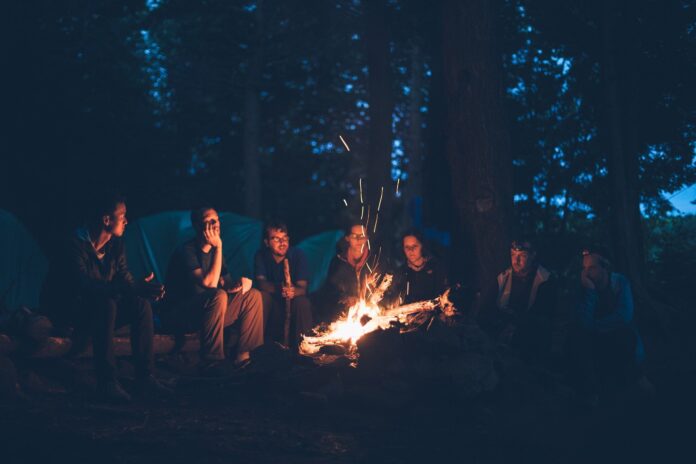While the idea of the “last man standing” at the end of a catastrophic event speaks to the survival skills and boldness of those who are ready for whatever is to come, actually being completely on your own in the event of an emergency isn’t the best way to end up.
The Importance of Having Others
There is truth to the phrase “there is strength in numbers,” and that includes in a bug-out situation as well. If you’ve got a good stockpile of supplies and skills ready to help you get through any disaster, it’s time to start thinking about the community around you, people you can rely on to have similar resources available, so you all can work together to survive what’s to come. Starting a group of preppers might seem like a daunting task, but it isn’t all that complicated.
Prepper Networks
Having a prepper network could be the last thing in your bug-out plan to consider, but it still requires just as much thought as the rest of your plan, if not more, since you’ll be dealing and negotiating with other people. This means beginning with considering yourself first, making sure you can take care of your own safety, health and hygiene as an individual before moving on to others. Then, you should begin to think about your immediate family. If you care for an elderly person or are a parent, it is your responsibility to take care of them. Remember that your and your family’s responsibilities come first, and get them as prepared as you are to create a stronger unit.
Networking with Friends and Neighbors
From there, you can start branching out to friends and neighbors in the area. Children and elderly people living in your area are important to put your focus on as you would the ones in your own home. In a disaster situation, you will have prepared to spend some of your resources on others by planning for this, so you won’t find yourself depleted in your quest to help others.
As you plan for this, you can also network with those in your neighborhood and put together a neighborhood defense group. Training with those in your surroundings in survival, defense and other skills will give you strength in numbers that you need to safeguard your neighborhood and will leave everyone involved with more of the resources you need to survive.
Plan Things Together
Once you have reached that phase, you can start coordinating with them in a more specific sense to get a plan together as to what to do in the event that things go south. By creating a plan that involves use of resources, potential relocation and defense tactics, you’ll have a stronger holdout from which to work with. At that point, you could move on to network with other neighborhoods of preppers, leaving you the option to try and ally with them in preparation of the worst or to even plan to consolidate the groups in a worst-case scenario.
Everyone thinks it will never happen to them—until it does. It’s best to get ready with your community to make sure that everyone is prepared to deal with any potential fallout and start filling in the holes in your survival plan.










